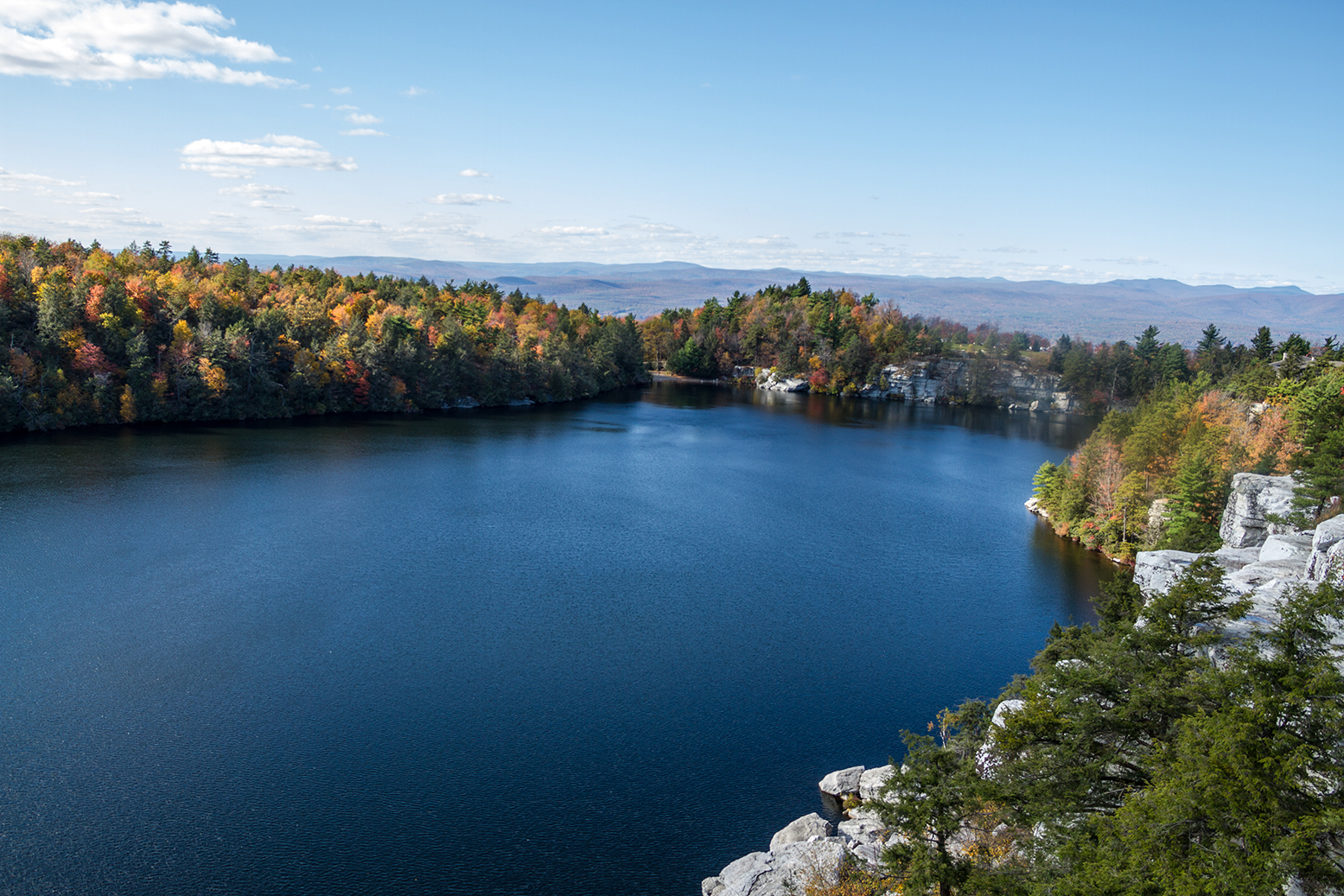“Not all species will be able to shift”: Biology professor collaborates on new, international climate study
Professor of Biology David Richardson was part of the international collaborative team that produced the study “Climate change drives widespread shifts in lake thermal habitat,” which was published this month in the journal Nature Climate Change.
The project continues Richardson’s work related to changing temperatures in freshwater habitats. In an era of changing climate and warming lakes, this study researched whether species are still able to find the temperatures they need.
The study paints a troubling picture of how continuing climate change will impact biodiversity in freshwater habitats.
The researchers’ summary of their findings notes that, “as lakes warm, species will need to shift to different depths or seasons to find suitable thermal habitat. But not all species will be able to shift.”

This project was led by scientists at Leibniz Institute of Freshwater Ecology and Inland Fisheries, a research center in Germany.
Richardson was one of more than three dozen collaborators who pooled 32 million temperature measurements from 139 lakes around the world to quantify thermal habitat change in waters representing about 69% of the Earth’s total freshwater habitat. Mohonk Lake, just a few miles from the New Paltz campus, was one of the bodies of water included in the study.
Visit the Department of Biology website to learn more about faculty research and offerings for students.

